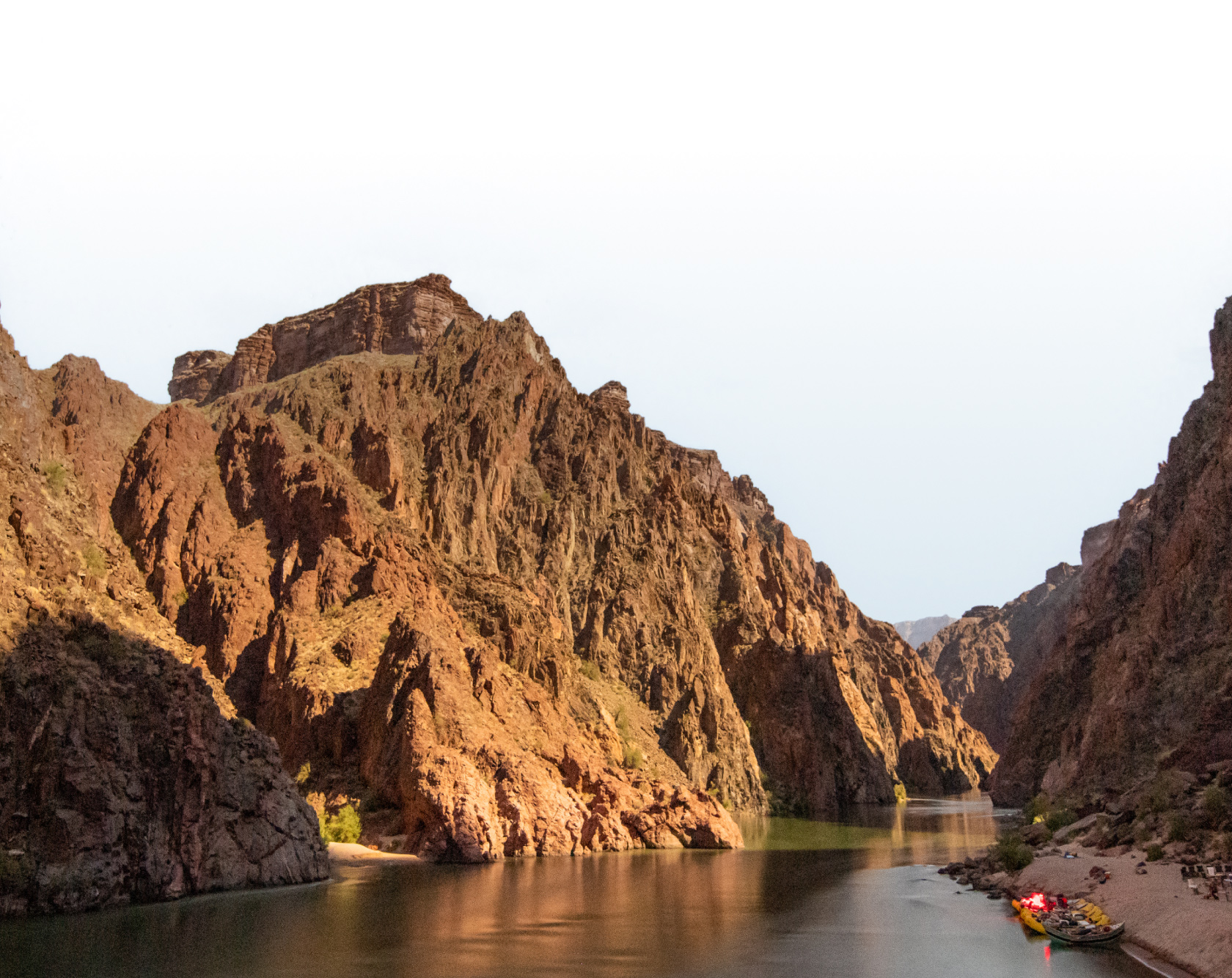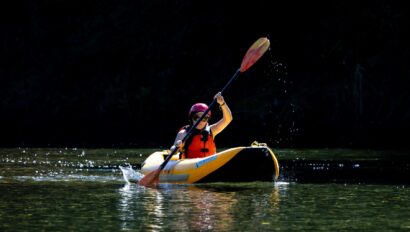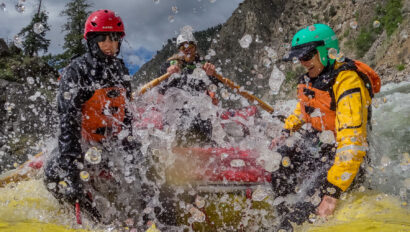How to Avoid 5 Common Wilderness Dangers

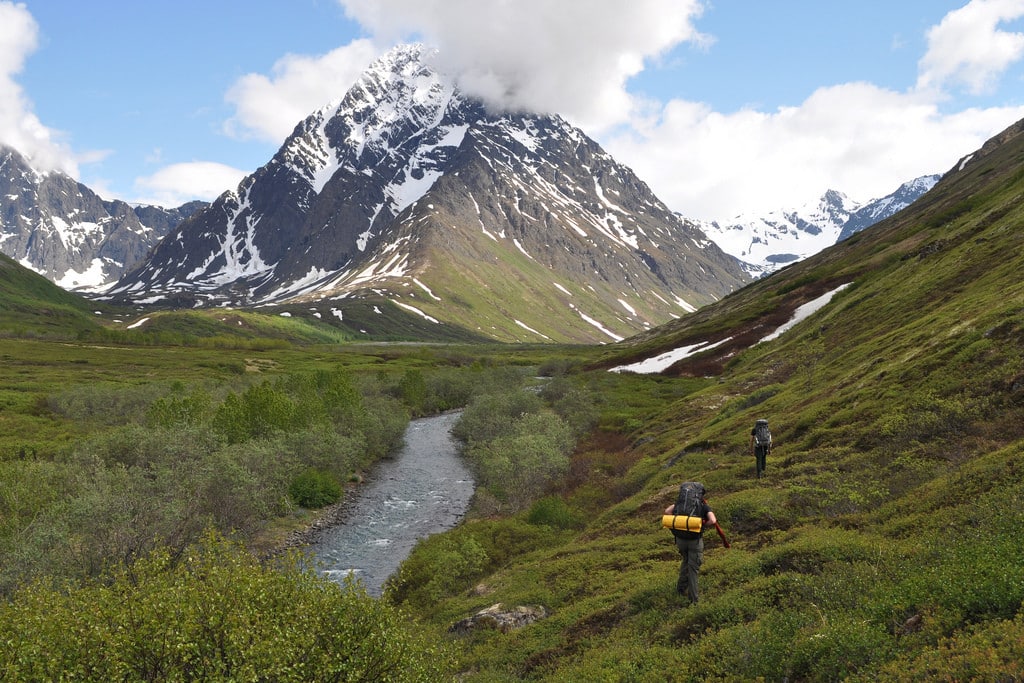
There are grizzly bear or avalanche fatalities in North America each year, but the odds of going out like that are slim compared to more mundane wilderness dangers like bugs and dehydration. Those are the ones that statistics say might actually kill you. Learn what you can do to avoid five of the most common outdoor threats.
1) Dehydration
Drink water. It sounds so simple. Yet on cold days on the river or outdoors it can be so easy to forget. The human body needs at least 3-5 liters per day to maintain healthy operation. Know where your water sources are and how you will treat them before you go. Take planned water breaks. Remind your friends. And know that once your pee turns yellow, it’s time to combat the onset of dehydration with some extra gulps of H2O.
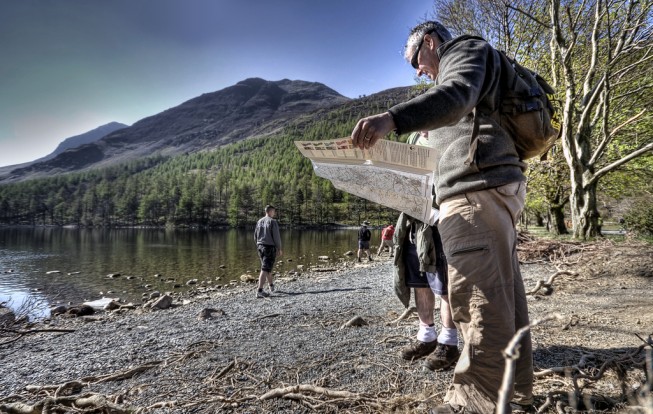
2) Getting Lost
All who wander may not be lost, but all who are lost are likely ticked off. Avoid it at all costs with a map, compass, and GPS (not to mention a solid understanding of how to use them). As additional precautions, plan your route before you go, and make sure to tell somebody how long you’ll be out. If you do get slightly off track while you’re out there, backtrack to the last point on your known route. Of course, at any moment you realize you’re truly lost, it’s time to hunker down, sit tight and wait for help.
3) Hypothermia
Cold and wet are the ingredients for those harmless seeming goose bumps and chattering teeth. Yet those mild symptoms can escalate into full-blown hypothermia if you don’t take immediate actions to warm yourself. Bring extra layers. Change out of wet or damp clothing. Insulate yourself from the ground. Drink warm tea. And share body heat with a friend in a sleeping bag to gently warm yourself back up to 98.6°.
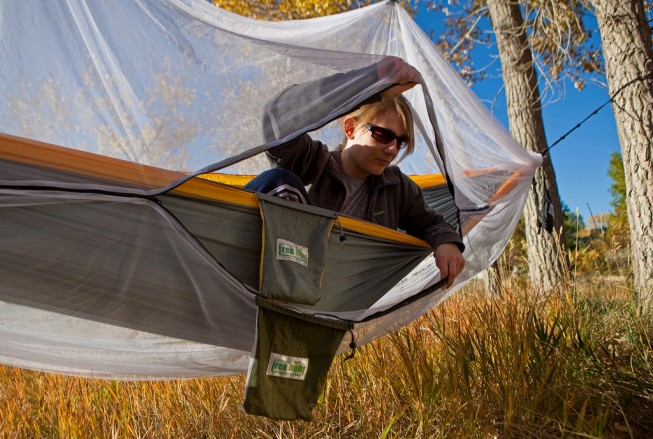
4) Insect Bites
It’s a David and Goliath story that’s reenacted every day. Insects of unsuspecting size infect people with Lyme’s Disease, Malaria, West Nile Virus, and even the Plague. It happens all around the world. Do some homework on the insects and their diseases before you venture into their habitat. The key is prevention, but if that fails, early detection of the symptoms is vital for stemming the damage done from nasty, infectious bugs.
5) Diarrhea
Here is enemy #1 in the battle against dying like Elvis on the toilet. Backcountry travel may expose you to bacteria like E.coli or protozoa like Giardia. Keep your safeguard up by maintaining clean hygiene in your camp kitchen and bathroom. Wash your hands. Use disinfectant soap. And prevent water-borne illnesses by treating all low-elevation water sources.
With a little bit of proper planning, and a prior knowledge, you can avoid all of these outdoor dangers and enjoy your time in the wilderness. Just be sure to also keep your eyes peeled for grizzly bears and avalanches.
Photos: Paxson Woelber/Flickr, Ian Carroll/Flickr, Trek Light Gear/Flickr
Sign up for Our Newsletter
